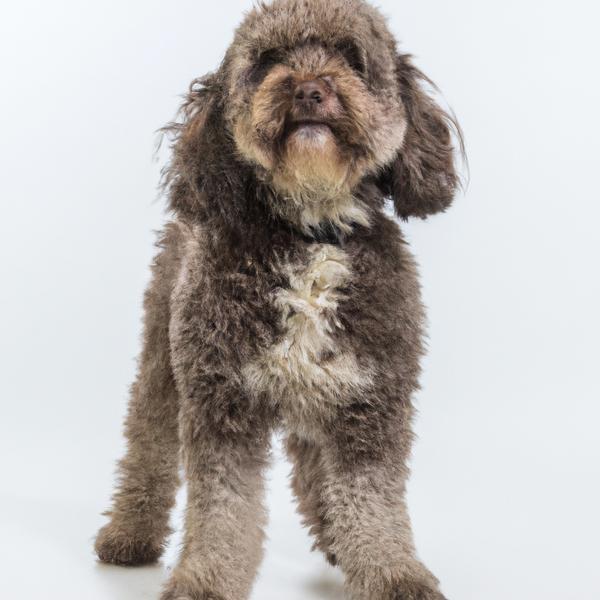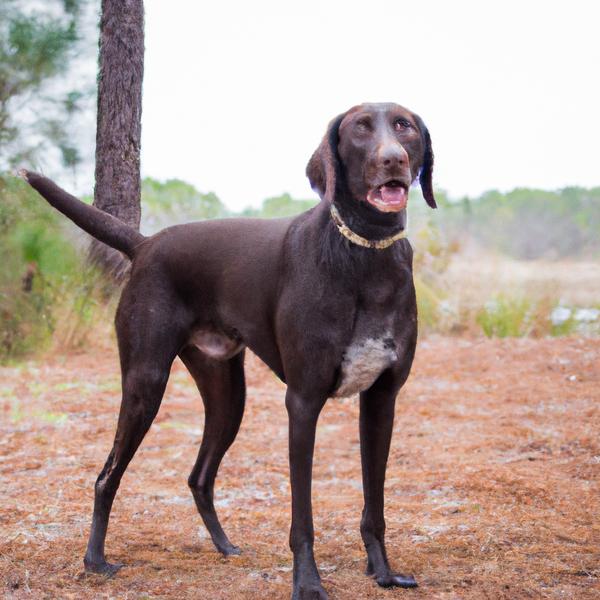Chesa-Poo vs. German Shorthaired Lab: Breed Differences and Similarities
Hypoallergenic
Are Chesa-Poos or German Shorthaired Labs hypoallergenic, or neither?
Unfortunately, neither Chesa-Poo nor German Shorthaired Lab are hypoallergenic, which may not make them the best choice for dog lovers who suffer from pet allergies.
Temperament
What are the personalities of Chesa-Poo and German Shorthaired Lab dogs?
Active
Happy
Protective
Alert
Intelligent
Affectionate
Dominant
Trainable
Quiet
Faithful
Instinctual
Playful
Loving
Energetic
Alert
Intelligent
Friendly
Responsive
Affectionate
Loyal
Gentle
Going
Social
Trainable
Bold
Cheerful
Cooperative
Boisterous
Shedding Level
Do Chesa-Poos shed more than German Shorthaired Labs, or which breed sheds more, Chesa-Poos or German Shorthaired Labs?
Chesa-Poos are low shedding dogs, requiring minimal coat care.
German Shorthaired Labs are moderate shedders, but regular brushing can reduce shedding and maintain coat health.
Origin
What is the origin of Chesa-Poo and German Shorthaired Lab dog breeds?
United States
United States
Ancestry
What are the origins of Chesa-Poo and German Shorthaired Lab breeds?
Poodle and Chesapeake Bay Retriever
Labrador Retriever and German Shorthaired Pointer
Breed recognition
Which kennel clubs recognize/register Chesa-Poo and German Shorthaired Lab?
ACHC = American Canine Hybrid Club
DRA = Dog Registry of America, Inc.
ACHC = American Canine Hybrid Club
DDKC = Designer Dogs Kennel Club
DRA = Dog Registry of America, Inc.
IDCR = International Designer Canine Registry®
Date of Birth
When were Chesa-Poo and German Shorthaired Lab breeds first developed?
Unknown
Litter Size
What is the usual litter size for Chesa-Poo and German Shorthaired Lab?
A Chesa-Poo can have a litter of 2-4 puppies on average. However, it's worth noting that the size of the litters can vary greatly. Factors that can influence litter size include the health of the mother, breeding history, and genetics.
A German Shorthaired Lab can have a litter of 7-12 puppies on average. However, it's worth noting that the size of the litters can vary greatly. Factors that can influence litter size include the health of the mother, breeding history, and genetics.
Adaptability
Chesa-Poos are known for their adaptability and can adjust well to different environments and lifestyle changes.
German Shorthaired Labs are highly adaptable and versatile, making them excellent companions for families and individuals of all lifestyles.
Health Issues
Between Chesa-Poo and German Shorthaired Lab, which breed is more prone to health problems?
While the Chesa-Poo breed is generally healthy, occasional vet check-ups are still necessary to address any health concerns.
German Shorthaired Labs typically have low vet costs due to their good health, but it's important to monitor their health and seek vet care when necessary.
Major Concerns
What are the major health concerns for Chesa-Poo and German Shorthaired Lab breeds?
Entropion
Sebaceous Adenitis
Hip Dysplasia
Bloat
Entropion
Hip Dysplasia
Bloat
Minor Concerns
What minor health issues should be kept in mind when owning Chesa-Poo and German Shorthaired Lab?
Cataracts
Retinal Dysplasia
Degenerative Myelopathy
Ear Infections
Occasional Tests
What occasional tests are recommended for Chesa-Poo and German Shorthaired Lab breeds?
Eye
Hip
Spine
Skeletal
Skin Scraping
X-Rays
Eye Examination
X-Rays
CT Scan
Eye Examination
Physical Examination
Ear Examination
Blood Work
Lab Tests
Social Needs
Chesa-Poo vs German Shorthaired Lab social needs comparison
Chesa-Poo and German Shorthaired Lab have above average social needs compared to other breeds. They thrive in environments where they have a lot of interaction with humans and other dogs.
Sleeping Need
Which of the two sleeps the most/least: Chesa-Poo or German Shorthaired Lab?
Chesa-Poos sleep less than other breeds but still need adequate sleep for good health.
German Shorthaired Labs are active and require sufficient sleep to stay healthy.
Mouthiness
Mouthiness Comparison: Chesa-Poo vs German Shorthaired Lab?
Roaming urge
Chesa-Poo vs Labrador: Running away tendency?
Prey Drive
Chesa-Poo or German Shorthaired Lab - which breed has a higher level of prey drive?
Past times
What are some enjoyable activities and ways to keep Chesa-Poo and German Shorthaired Lab entertained?
Fetch, Walk, Frisbee, Swimming, Chase, Tug-of-war
Dog Parks, Walk, Run, Snuggling
Tolerance of being left alone
Grooming
Which breed is easier to maintain in terms of grooming, Chesa-Poos or German Shorthaired Labs?
Chesa-Poos require significant grooming, including regular trims and professional grooming assistance to maintain their coat. They may also require frequent bathing to keep their coat and skin healthy.
The German Shorthaired Lab is a low-maintenance breed that doesn't require much grooming.
Sensitivity Level
How do Chesa-Poo and German Shorthaired Lab compare in sensitivity?
This breed is sensitive and requires gentle handling and a calm home environment.
This breed is sensitive to its environment and best suited for patient and understanding families with a consistent routine.
Apartment Friendly
Which breed is more apartment-friendly: Chesa-Poo or German Shorthaired Lab?
Chesa-Poos are good apartment dogs as long as they get enough exercise and stimulation outside of the apartment.
German Shorthaired Labs can do well in apartments with enough exercise and time outside, but a small yard would be ideal.
Child Friendly
Do Chesa-Poos or German Shorthaired Labs have a friendlier temperament towards children?
The typical characteristics of Chesa-Poo and German Shorthaired Lab indicate that this breed of dog is an ideal companion for kids and makes them family pets. Their gentle and protective nature and calm mentality make them gel along quickly with the younger humans.
Senior-friendly
Which dog is more suitable as a pet for the elderly - Chesa-Poo or German Shorthaired Lab?
Cat Friendly
Do Chesa-Poo or German Shorthaired Lab breeds have a better compatibility with cats?
Chesa-Poos are good with cats, but early training is needed to prevent chasing behavior.
German Shorthaired Labs are average in their friendliness toward cats and tend to do well with them, especially if raised together.
Dog Friendly
Which breed is more sociable with other dogs: Chesa-Poo or German Shorthaired Lab?
Chesa-Poos are average in their friendliness towards other dogs, and socialization can help.
German Shorthaired Labs are generally very friendly towards other dogs, with a happy and affectionate temperament.
Pet friendly
How do Chesa-Poo or German Shorthaired Lab dogs interact with other pets?
Stranger Friendly
Which breed is more friendly with strangers: Chesa-Poo or German Shorthaired Lab?
Chesa-Poos are averagely friendly around strangers but benefit from early socialisation.
German Shorthaired Labs are friendly but may bark at strangers, and training is easy due to their intelligence.
Playfulness
Which breed is more playful between Chesa-Poo and German Shorthaired Lab?
Chesa-Poos are a playful breed that needs daily playtime to be happy.
German Shorthaired Labs are very playful, so adopting an older one might be a better option for a more relaxed experience.
Trainability
How do the trainability levels of Chesa-Poos and German Shorthaired Labs compare?
Chesa-Poos are popular for their ease of training and quick learning ability.
The German Shorthaired Lab is highly intelligent and eager to please, making it a great choice for both novice and experienced dog owners due to its easy trainability.
Compare Chesa-Poo with other breeds
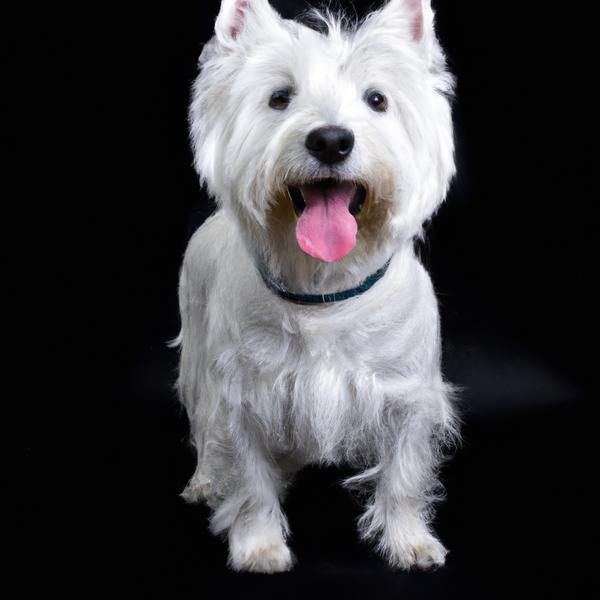
Westie-Laso
Chesa-Poo vs Westie-Laso
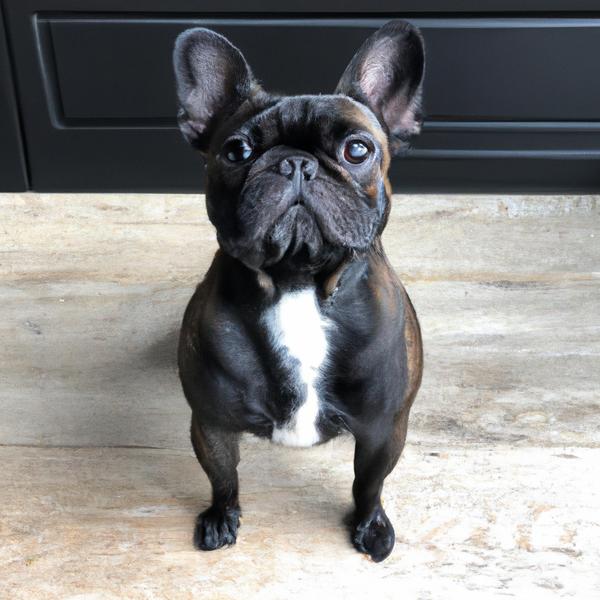
Frenchie Pug
Chesa-Poo vs Frenchie Pug
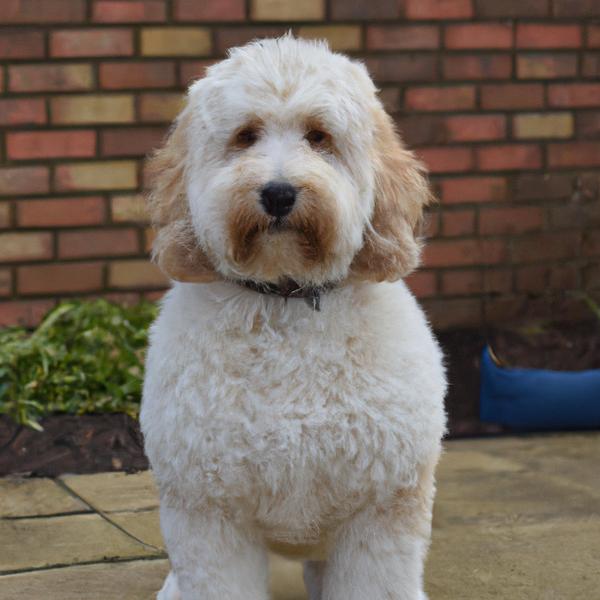
English Boodle
Chesa-Poo vs English Boodle
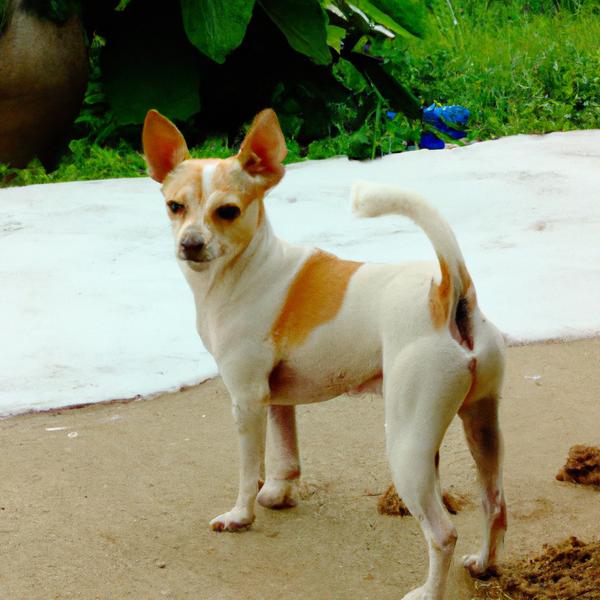
Chipit
Chesa-Poo vs Chipit
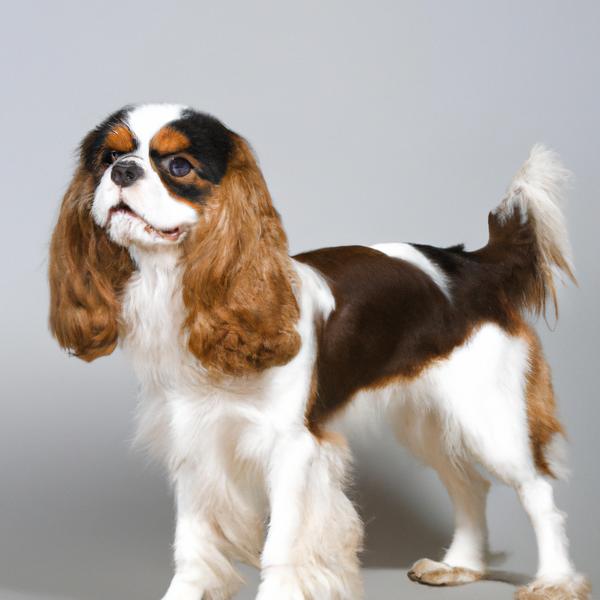
Cava-Shell
Chesa-Poo vs Cava-Shell
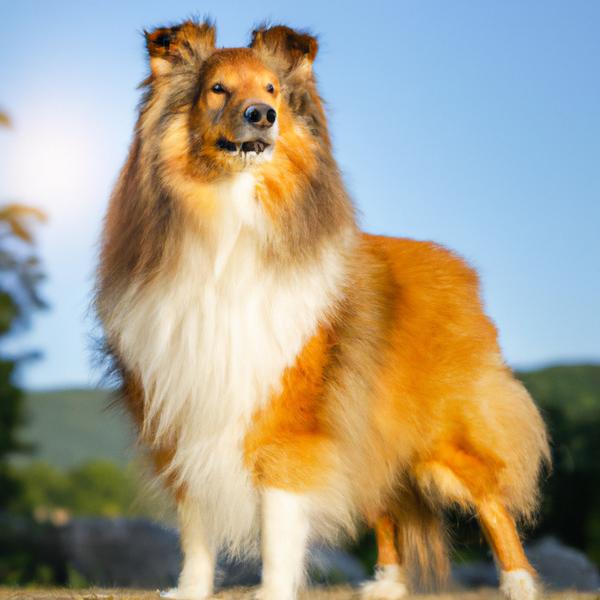
Golden Sheltie
Chesa-Poo vs Golden Sheltie
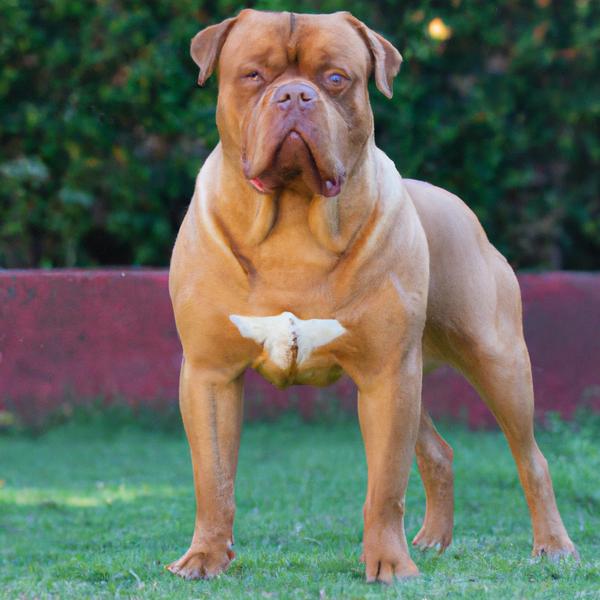
Bully Bordeaux
Chesa-Poo vs Bully Bordeaux
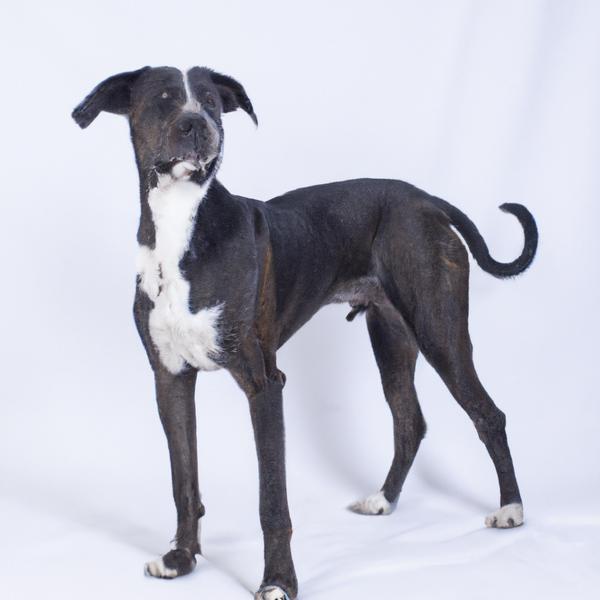
Corpin
Chesa-Poo vs Corpin
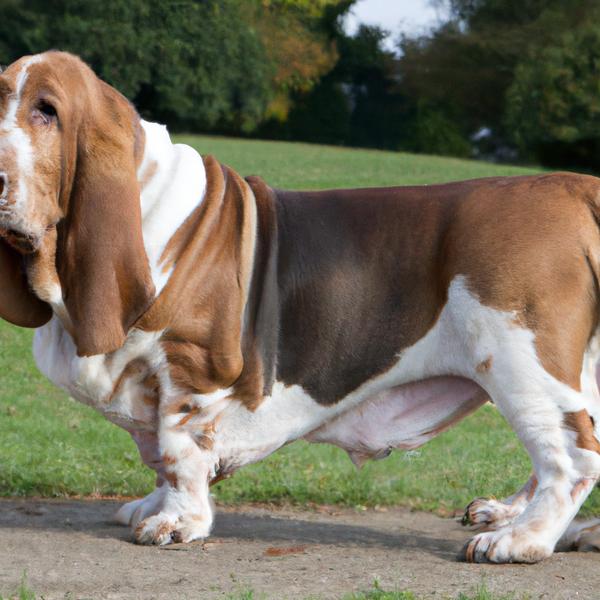
Basset Retriever
Chesa-Poo vs Basset Retriever
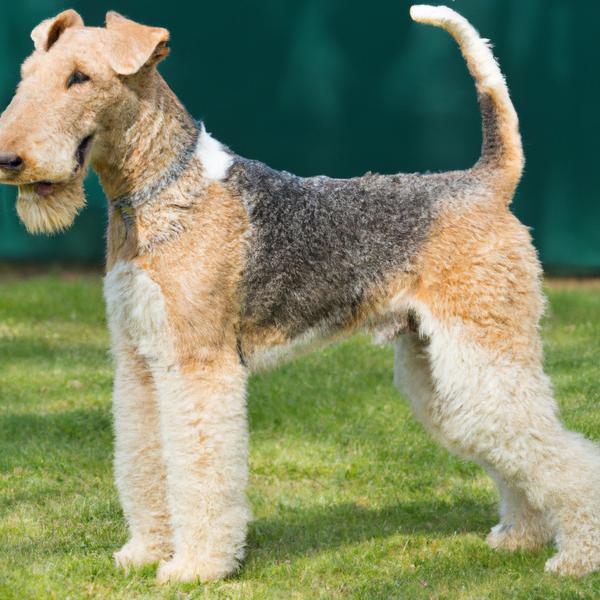
Welsh Wire Fox Terrier
Chesa-Poo vs Welsh Wire Fox Terrier
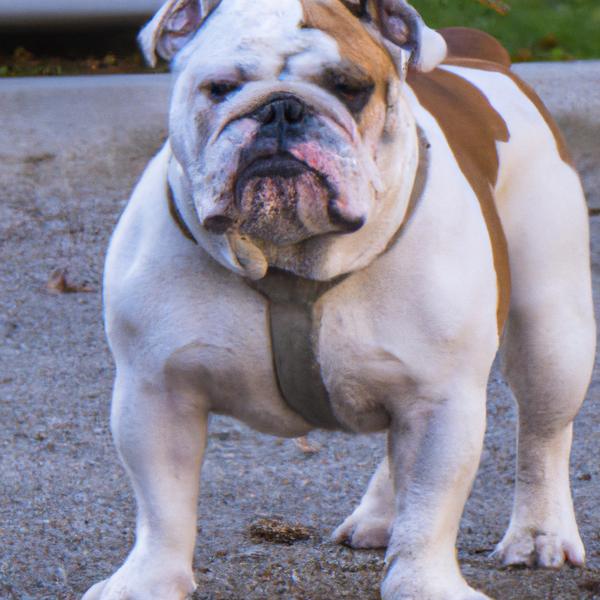
Bulldog
Chesa-Poo vs Bulldog
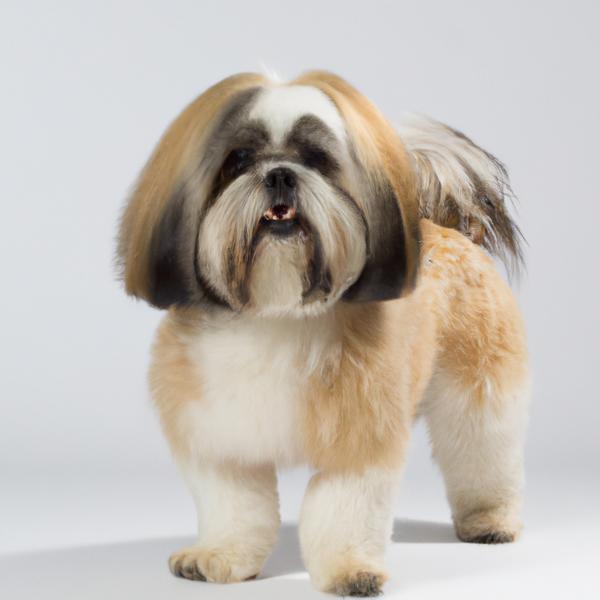
Lhatese
Chesa-Poo vs Lhatese
